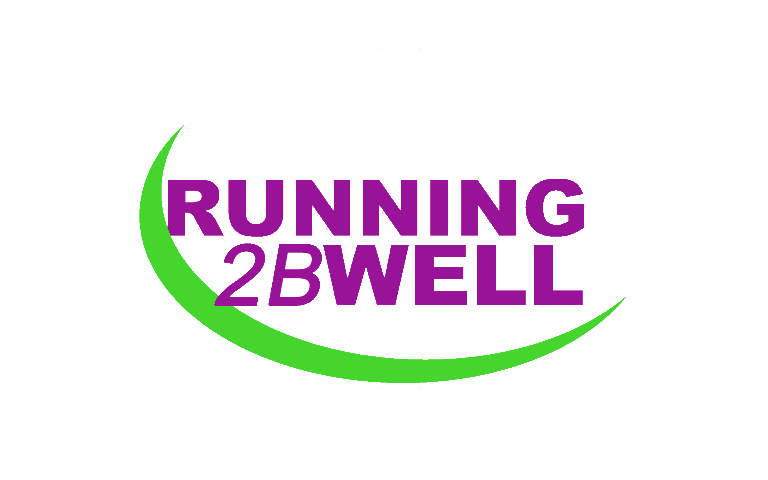We highly recommend reading Spark by John Ratey and Younger Next Year by Chris Crowley, both point to how exercise helps your brain heal faster, keeps you mentally healthy and sober.
Here are some articles/studies that link exercise and good mental health and sobriety:
Want some hope? Get some exercise! Muscle contractions release proteins called Myokines that among other things boost your mood. Here’s the link to the article and a great layman’s explanation.
Stop Smoking
I hear all the time that you shouldn’t try to quit smoking while in recovery. As a throat cancer survivor, I can attest to the seriousness of this diagnosis many years later. In my opinion, continuing to smoke (or other high-risk behaviors) is not harm reduction, it’s HARM DELAY. The science proves that quitting smoking in early recovery improves your chances of long-term recovery. Please focus on making healthy changes and dealing with the driving forces of your addiction (coping skills, trauma, etc).
Addiction Recovery Benefits
Mental Health Benefits
Social aspects of exercise
These articles point to the importance of regular healthy, face to face interactions:
Positive Thinking
Your mind is a terrible thing to waste and it's like a muscle...use it or lose it!
